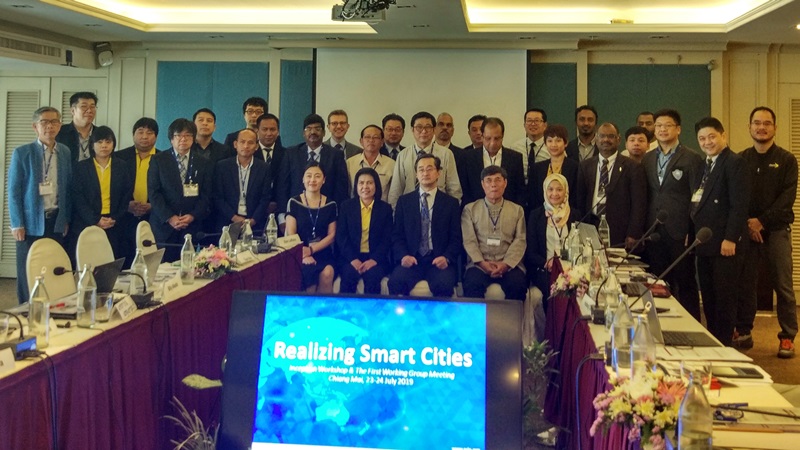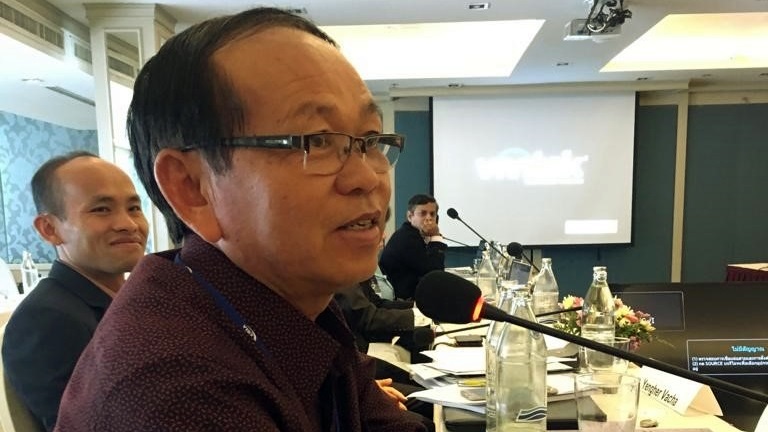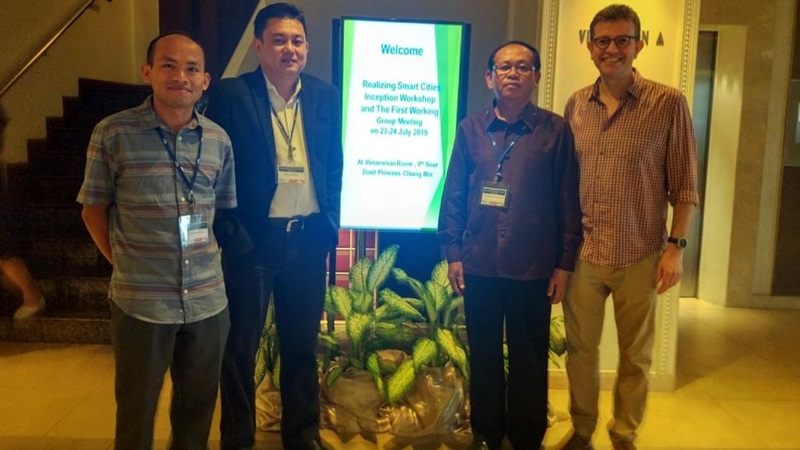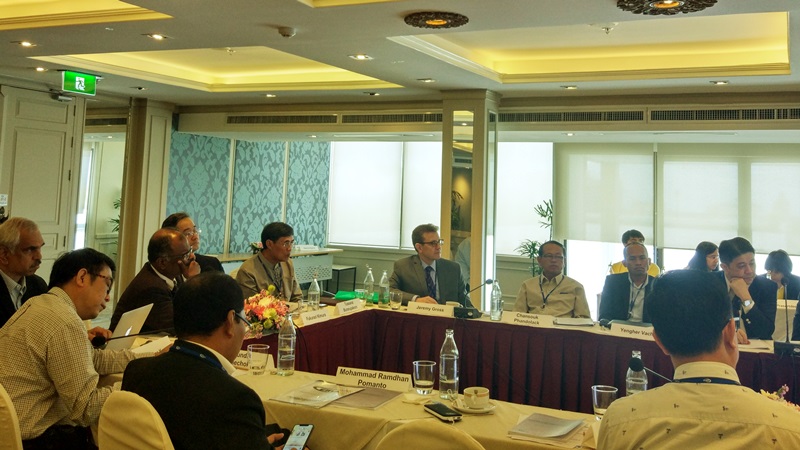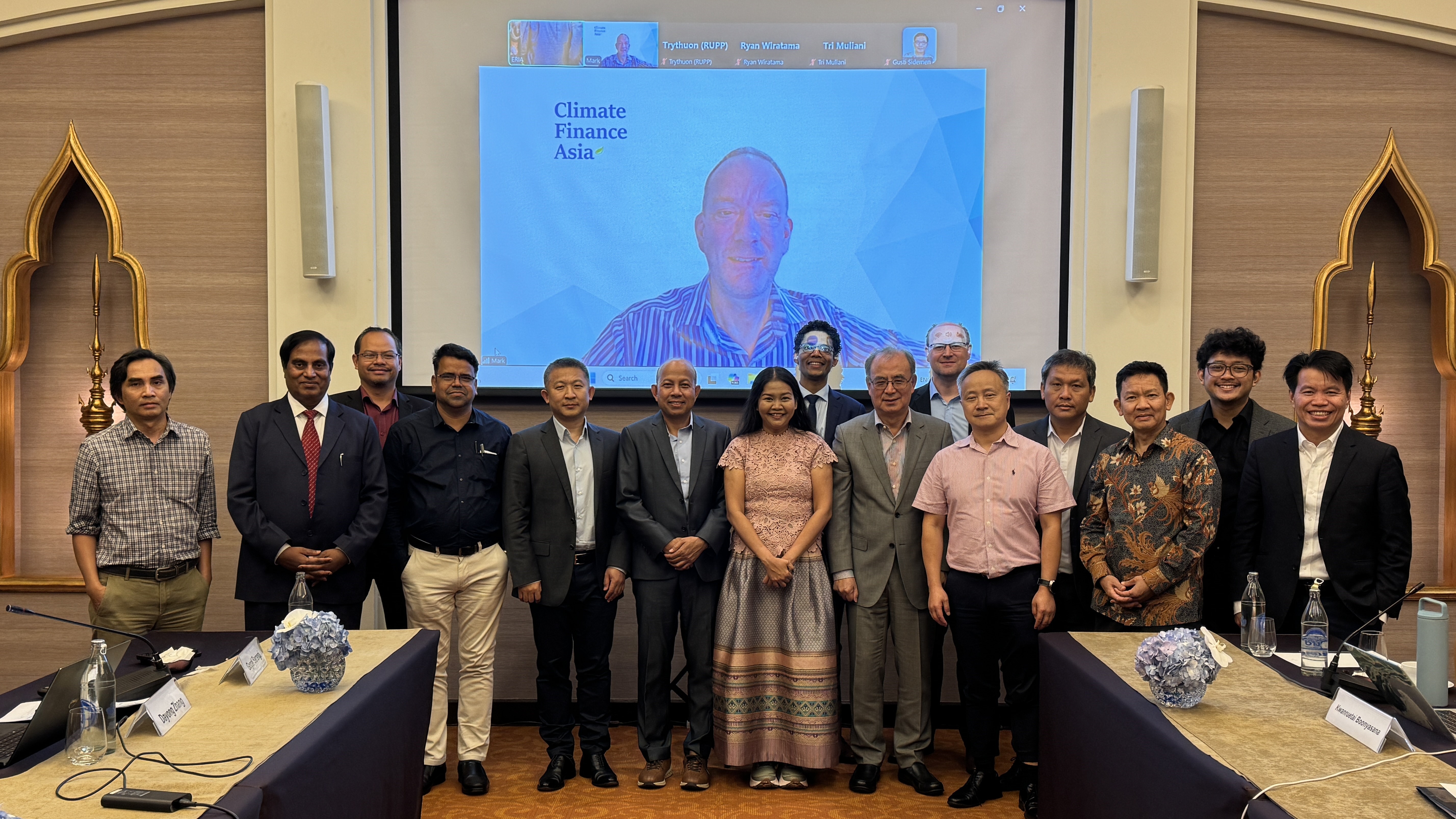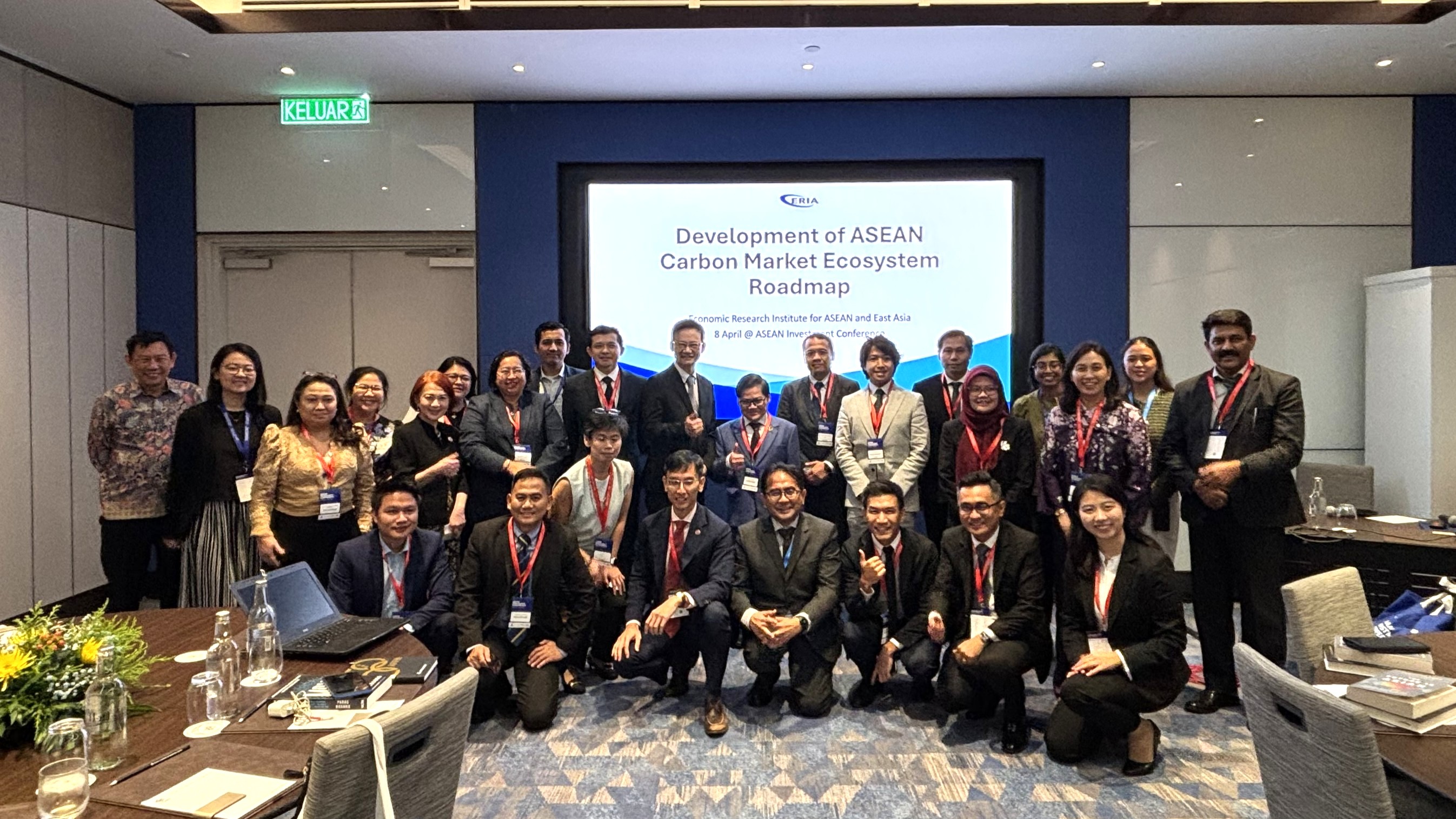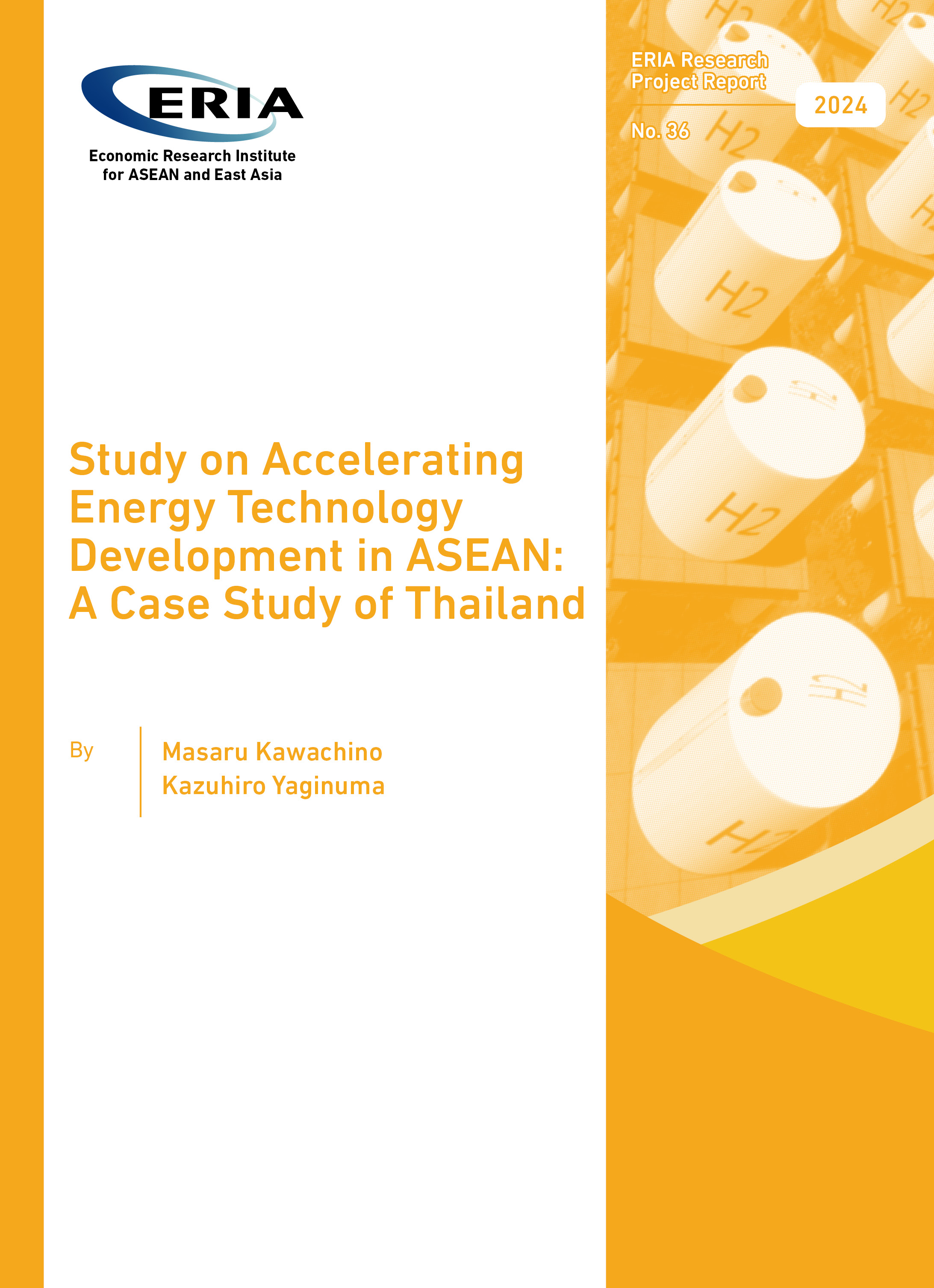Enhancing the Readiness of ASEAN Smart Cities
Date:
26 July 2019By:
Jeremy GrossCategory:
NewsTopics:
Capacity Building, WorkshopShare Article:
Print Article:
Chiang Mai, 24 July 2019: ERIA, in collaboration with Asian Institute of Technology (AIT), Srinidhorn International Institute of Technology (SIIT), and Chiang Mai Municipality, organised a two-day workshop on ‘Realising Smart Cities’ on 23 and 24 July in Chiang Mai, Thailand. The workshop examined how cities can develop smart city programmes including the costs versus benefits.
Experts analysed critical needs including energy, economy, environment, and governance while exchanging experiences on key adjustments required in policy planning relating to the transition to smart cities. They also addressed sustainability implications identified necessary measurements and data protocols required to enhance the readiness of ASEAN smart cities.
About 30 experts representing academia, city officials and private sector participated.
Highlights included:
- Urbanisation fuelling economic growth, but its pace leaving many cities struggling to meet multi-dimensional economic, environmental, and social challenges and providing services to meet the needs of surging services by both the young and ageing population. While the challenges have been growing in scope, new technologies are available to tackle some of these issues, particularly in energy and environment.
- Smart cities paving the way for new methods of city governance by harnessing the potentials of the Internet of Things (IoT) through the utilisation of information and communication technologies throughout the city. By deploying responsive technologies across urban systems such as energy, water, public transport, street lighting, parking, and waste management, the smart city initiative aims to increase the quality of life and service delivery.
- Data feeds collected from all over the city need to be brought together into central computing platforms, processed, and analysed. Outputs can be distributed to the users and decision makers.
- Without a strategic vision for economic integration, infusion of IoT into various versions of smart city may yield differentiated outcomes and delayed implementation. The Comprehensive Asia Development Plan (CADP 3.0) offers a wholistic thinking for more successful urbanisation and economy for the future cities.
- The challenges and risks arising from smart city projects also need elaboration through further research. Moreover, providing methodologies to cope with important IoT-centric smart city challenges such as the privacy rights of data users/residents, is still an area where further research is needed.
